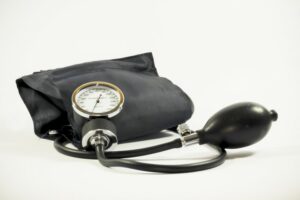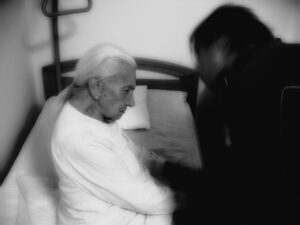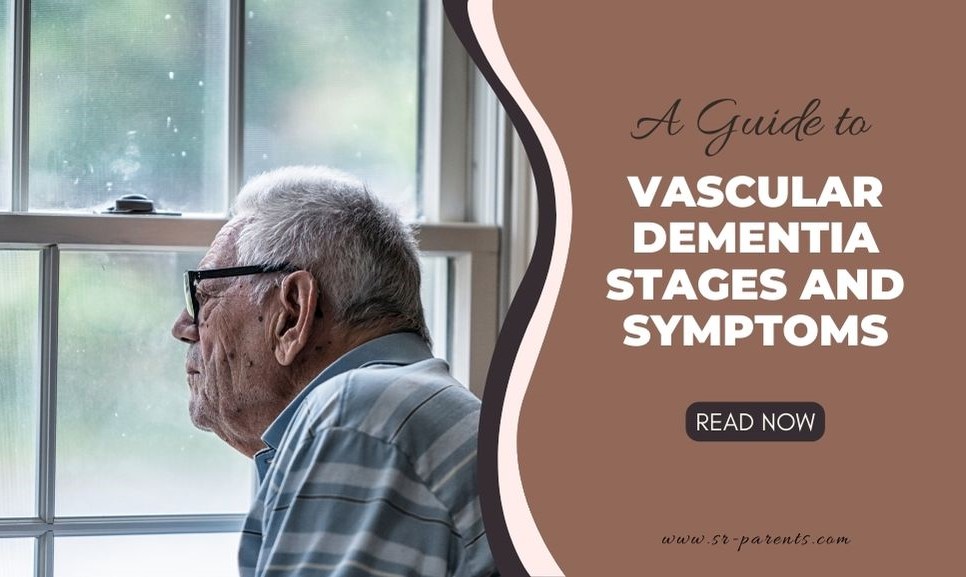Contents
A Guide to Vascular Dementia Stages and Symptoms
The first step to treating vascular dementia is knowing the vascular dementia symptoms. Not only that, but you also need to know the vascular dementia stages. To help our elderly loved ones face vascular dementia, we must know what to look out for. That’s why doing the appropriate research is important. Here in this article, I included all the things to know and to look out for when it comes to Vascular Dementia. I hope this article will help you know which stage they’re in. I’ll also give information on how to spot vascular dementia by knowing its symptoms. If you want to learn more, then please keep on reading.
What is Vascular Dementia?

What Causes Vascular Dementia?
Stroke

Atherosclerosis
Hypertension

Diabetes
Different Types of Vascular Dementia

Subcortical Vascular Dementia
Stroke Vascular Dementia
Multi-infarct Vascular Dementia
Mixed Vascular Dementia
Vascular Dementia Symptoms

1. Confusion
2. Memory Issues
3. Cannot Concentrate or Communicate Well
4. Cannot Think Well
5. Very Irritable
6. Depression
7. Cannot Move or Balance Well
8. Urinary Issues
Vascular Dementia Stages

1. Initial Stage
2. Mild Changes Stage

3. Start of Decline
4. Moderate Decline

5. Moderate-Severe Decline
6. Severe Decline

7. Very Severe Decline
Physician Diagnosis
Treatment, Management and Support

Preventive Measures
Last Few Points

I hope I was able to give enough knowledge and details on vascular dementia. The best advice to take from this article is just be attentive and never be afraid to get professional help! As soon as vascular dementia symptoms pop up, trust your gut and get it diagnosed. Vascular dementia stages can quickly slip and slide into the more dangerous stages!
FAQs
Are there any known treatments available?
The short answer is no, for now. That is because medical science hasn’t advance enough. Promising treatment since 2011 have become available against dementia in general. In fact, in the same year, treatment recommendations became available. But, the only actual treatments available now are mostly physical or speech therapy. Rehabilitation services are also available and recommended.
What is the most common cause of vascular dementia?
ased on what I’ve gathered, living an unhealthy lifestyle is the most common cause. The key thing to remember is that brain clots can be random but clogging happens with intent! Eating cholesterol high foods have a chance to clog blood vessels in the brain. Of course, getting your daily dose of exercise will help keep blood pumping properly!
How can I best support my elderly loved one with vascular dementia?
The best way will always be to show sincerity. You can do this by being there for them when they need your help. You can also do this by taking the initiative to get them diagnosed early on. Last but not the least, you can show sincerity by communicating with them. Listen to what they say, about how they feel and what they need! Love and care go a long way when it comes to dealing with illnesses or diseases.





